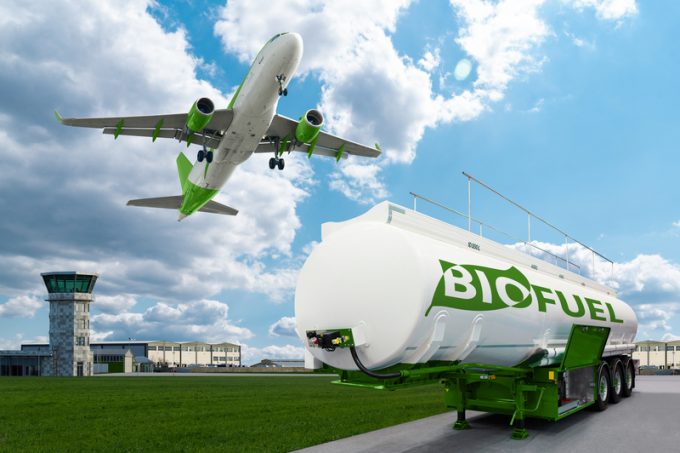Forwarder benefit as air cargo booking platforms look to integrate AI
Digitising air cargo spot-buy rates and integrating artificial intelligence (AI) will enable freight forwarders to ...

Freight forwarders can now check emissions data and purchase sustainable aviation fuel (SAF) when booking capacity on the CargoAi platform.
SAF can be bought for one air waybill (AWB), or multiple AWBs, using the tech company’s Cargo2Zero product, which aims to help customers decarbonise with a CO2 efficiency score.
CargoAi won TIACA’s sustainability award at the Air Cargo Forum in Miami this week, voted for by delegates.
While sustainability has been a focus of the event, smaller airlines remain unable to buy SAF, ...
'Disastrous' DSV-Schenker merger would 'disrupt European haulage market'
New senior management for DSV as it readies for DB Schenker takeover
Volumes set to 'fall off a cliff' as US firms hit the brakes on sourcing and bookings
Asian exporters scramble for ships and boxes to beat 90-day tariff pause
Amazon pushes into LTL for small package fulfilment and UPS does a u-turn
Temporary tariff relief brings on early transpacific peak season
Pre-tariff rush of goods from US to China sees air rates soar, but not for long
Forwarders 'allowing the fox into the chicken run' by supporting 'hungry' carriers

Comment on this article